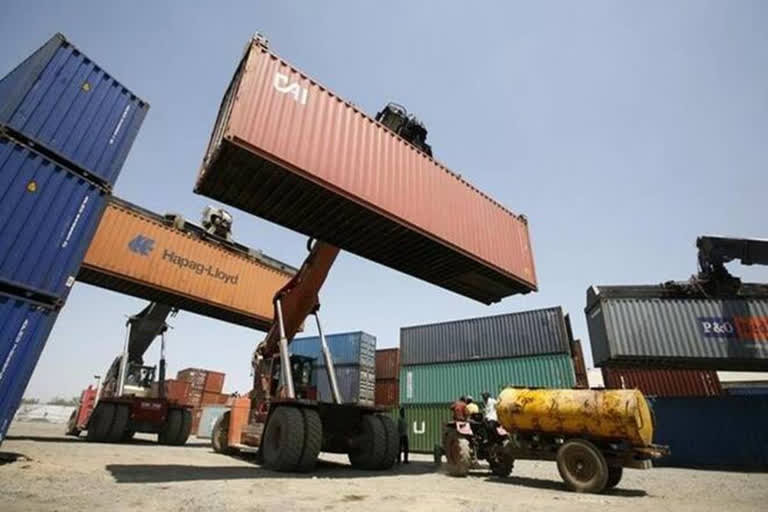New Delhi: The commerce ministry has relaxed various procedures under the Export Promotion Capital Goods (EPCG) scheme in order to reduce compliance requirements and facilitate ease of doing business. Under the scheme, imports of capital goods are allowed duty free, subject to an export obligation. The authorisation holder (or exporter) under the scheme has to export finished goods worth six times of the actual duty saved in value terms in six years.
The objective of the Export Promotion Capital Goods (EPCG) scheme is to facilitate import of capital goods for producing quality goods and services and enhance India's manufacturing competitiveness. "With a view to enhance ease of doing business and reduce compliance burden, certain provisions of chapter 5 related to the EPCG scheme of the Handbook of procedures (2015-20) are amended for EPCG authorisations issued under Foreign Trade Policy (2015-20)," the Directorate General of Foreign Trade has said in a public notice. The changes include those related to annual reporting of EO (export obligation) -- instead of by April 30 each year, exporters can file that by June 30 of each year with specified information, but any delay will be subject to a late fee of Rs 5,000.
Requests for export obligation extension should be made within six months of expiry instead of the earlier prescribed period of 90 days. However, applications made after six months and up to six years are subject to a late fee of Rs 10,000 per authorisation. According to the changes, requests for block-wise export obligation extension should be made within six months of expiry. However, applications made after six months and up to six years will entail a late fee of Rs 10,000 per authorisation. Applications made after six years will be subject to a fee of Rs 5,000 per year.
Earlier, no specified time limit was prescribed, leading to discretionary interpretations. Further, the facility to pay customs duty through scrips (MEIS /RoDTEP /RoSCTL) for default under EPCG has been withdrawn. Welcoming the move, Federation of Indian Export Organisations (FIEO) Director General Ajay Sahai said the changes are aimed at reducing compliance requirements and facilitating ease of doing business.
PTI
Also read: New foreign trade policy may have simpler export promotion schemes



